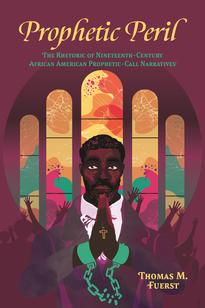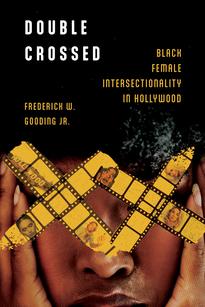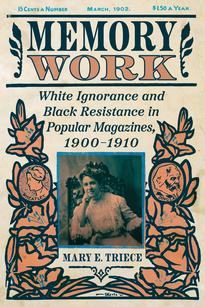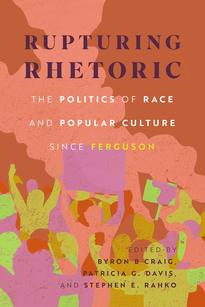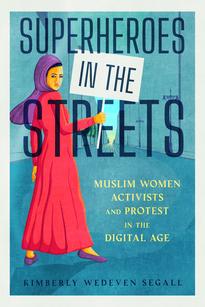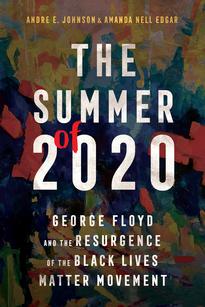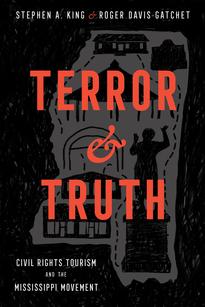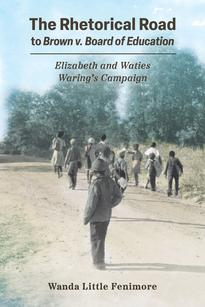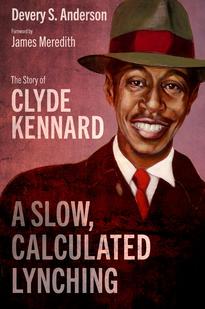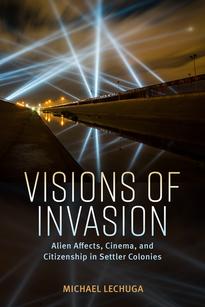
The Race, Rhetoric, and Media Series includes monographs and edited volumes exploring the intersections among race, rhetoric, and media in cultural, political, and social discourse within the United States and its territories. The series seeks manuscripts and proposals from diverse methodological orientations addressed to such topics as:
*studies of how traditional media, such as radio, newspapers, magazines, and television, covered black and ethnically diverse leaders, demonstrations, pivotal events, legislative debates, and judicial decisions;
*studies of visual rhetorics, such as photographs, television, film, and documentaries, that examine how race and ethnicity are framed, written, produced, and contextualized across and within historical epochs;
*studies of material rhetorics, such as commemorative art, memorials, museums, displays, and race- and ethnic-inflected memorabilia, that explore the rhetorical function of memory, consumption, reconciliation, and nostalgia;
*studies that explore the relationship between press coverage and political and legal challenges to the racial and ethnic status quo;
*studies that examine comparatively how media frame events directly affecting racially and ethnically diverse populations;
*and studies that explore the institutional and political dynamics of media control, censorship, ownership, and representation as they impinge upon race and ethnicity.
Series Editor: Davis W. Houck, Florida State University
For more information or to submit a proposal, contact acquisitions editor Emily Snyder Bandy.
